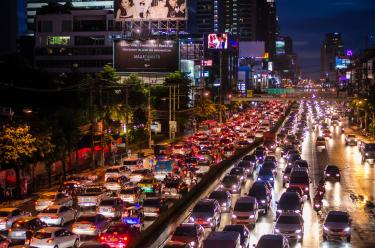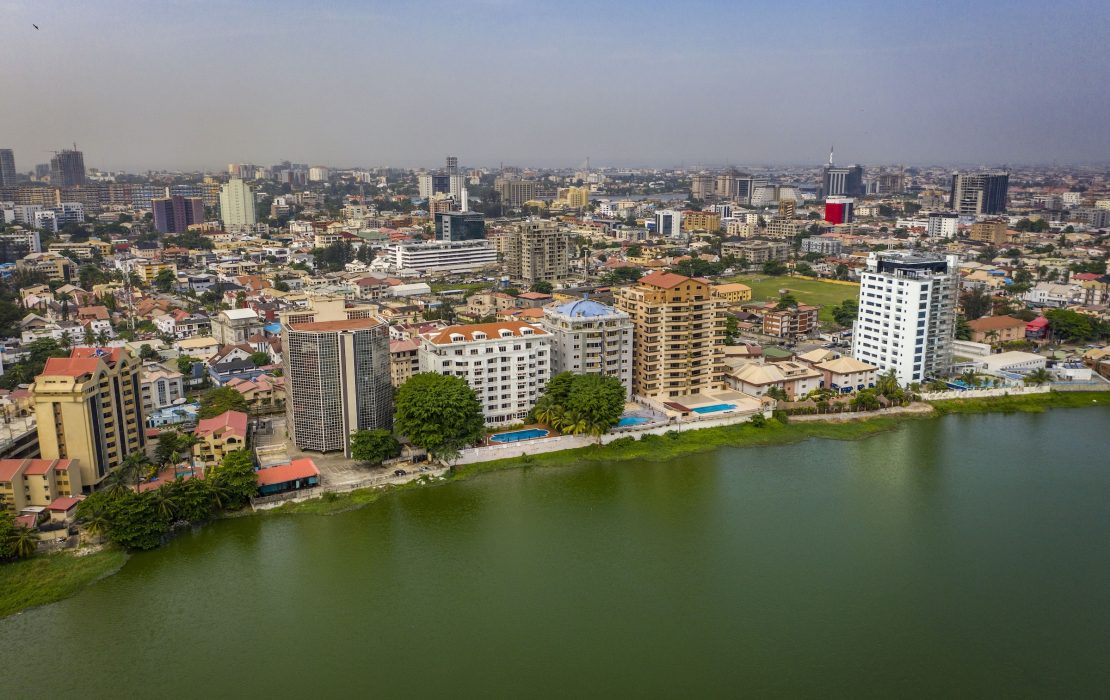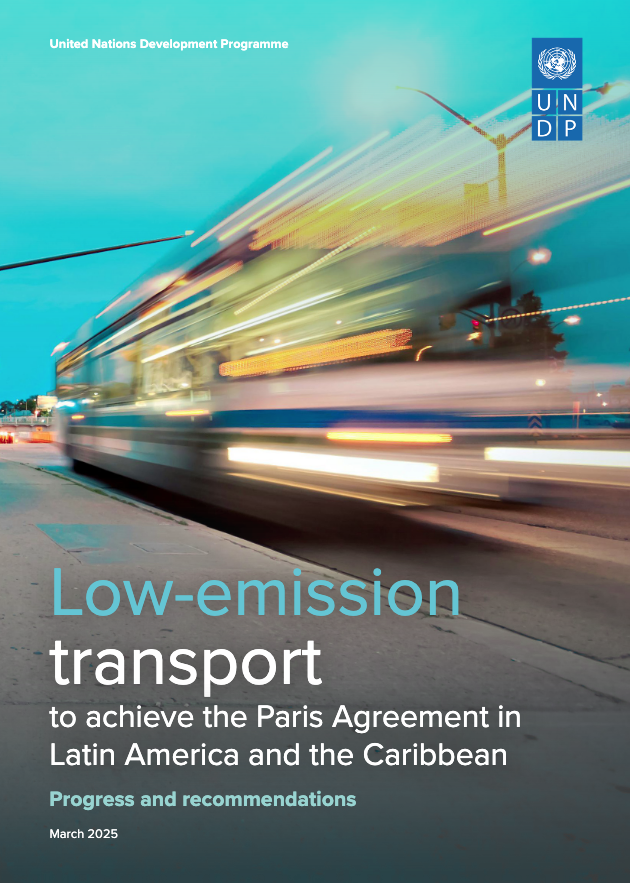With their immense human capital, cities are huge engines of growth, contributing to nearly 70 percent of the world’s GDP. At the same time, cities consume substantial resources like energy and water, and serve as key transportation hubs, emitting substantial amounts of carbon through extensive road networks, public transit systems and airports. Globally, urban areas are responsible for about 60 percent of greenhouse gas emissions.
Given their environmental footprint, cities can be a transformative force in engineering cleaner and more resilient development pathways.
In fact, if we are to keep average global temperature rise below 1.5°C, cities have a crucial role to play. This is why it has become increasingly critical to develop local climate plans where cities commit to reducing their emissions, strengthening their climate resilience, and raising their adaptive capacity.
Concrete examples of local climate actions include investing in green and climate-resilient infrastructure by improving building energy efficiency, expanding access to clean energy and promoting low-carbon transportation. Additionally, communities and cities can focus on sustainable waste management, local food production, and enhancing urban green spaces to mitigate the urban heat island effect through urban forests, parks and gardens. For coastal cities this may mean strengthening flood protection through levees, dikes and seawalls, and planting mangrove ecosystems as buffers. These efforts have the potential to yield significant emissions reductions, while also delivering economic benefits to urban populations and local economies.
Nationally Determined Contributions (NDCs) are also key to driving ambitious climate action in cities. In fact, 66 percent of the 194 latest NDCs contain strong or moderate levels of urban-related measures and interventions.
Under the Climate Promise, UNDP is collaborating with governments and other stakeholders in 74 countries to enhance climate action at the urban and sub-national levels.
Part of this work includes assisting cities in developing and implementing climate-related policies and action plans that are aligned with international frameworks such as the Paris Agreement and the Sustainable Development Goals (SDGs), with NDCs playing a pivotal role in advancing this agenda.
Another revolves around offering technical assistance to help cities identify climate risks, develop climate-resilient infrastructure, and design effective strategies for climate change mitigation and adaptation.
We also help cities access new sources of finance and innovative financing mechanisms, while strengthening the integration of climate and environment-related concerns into economic and financial policies.





